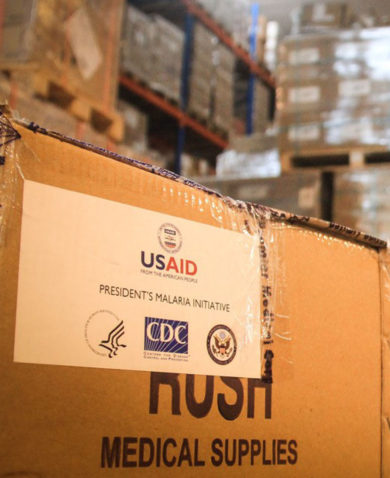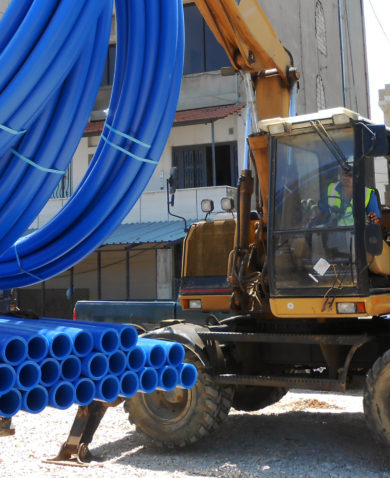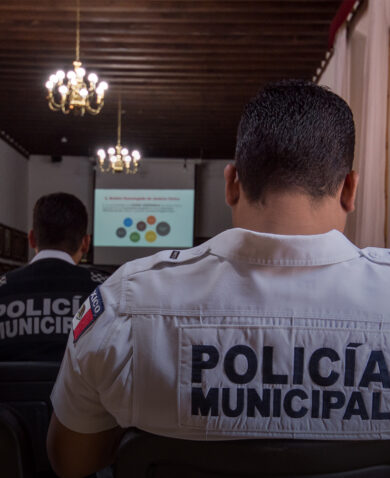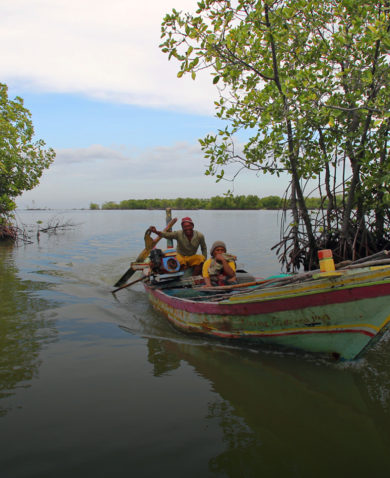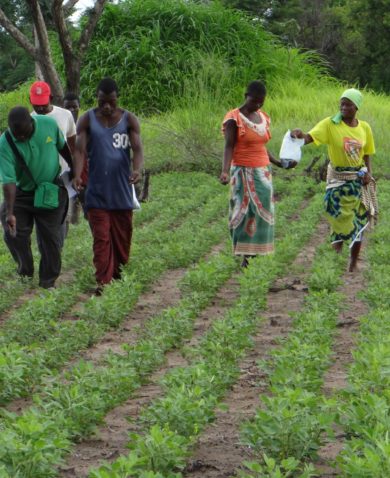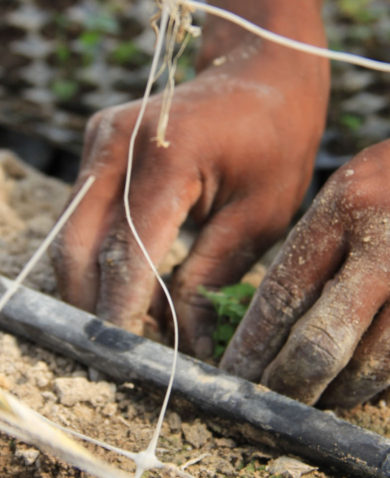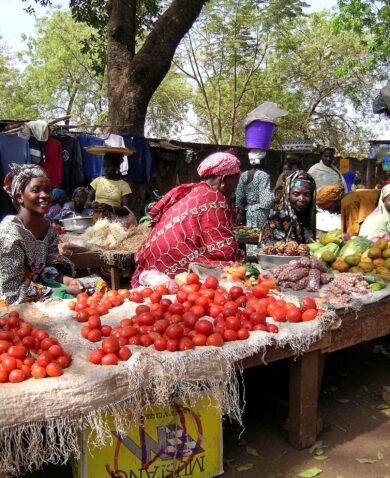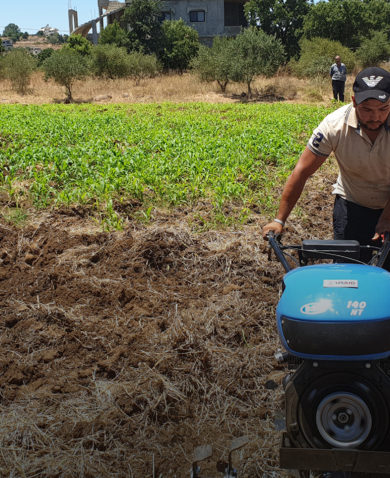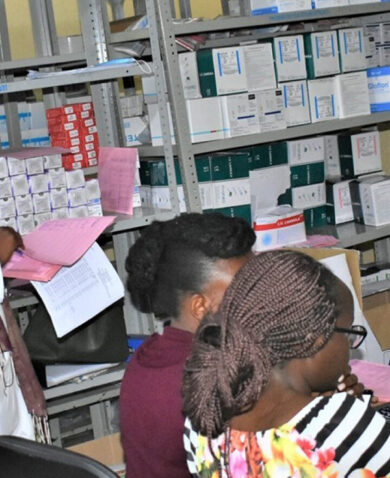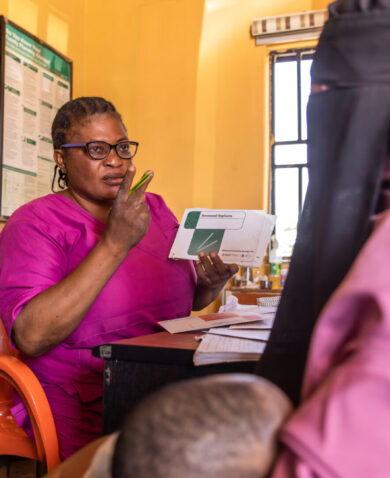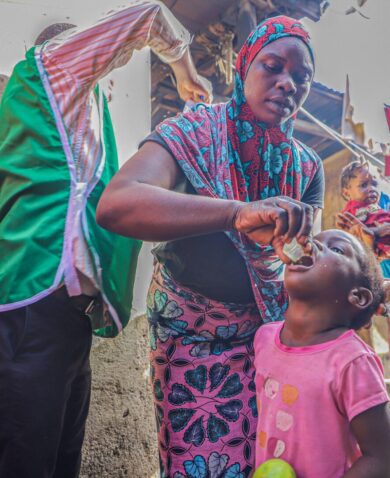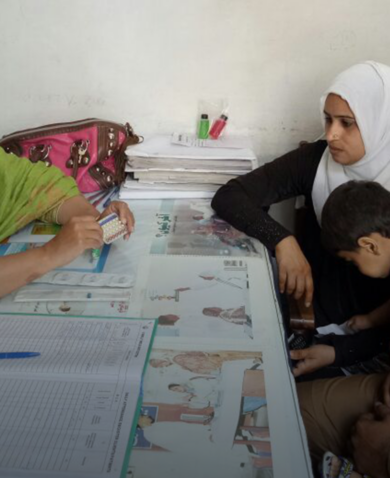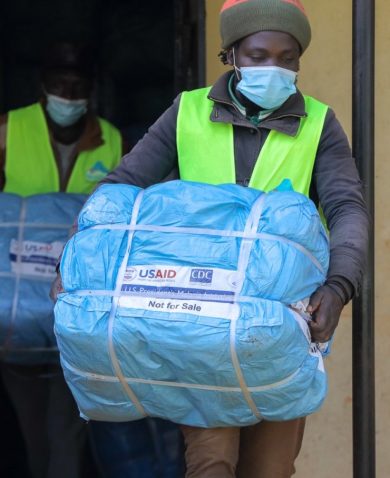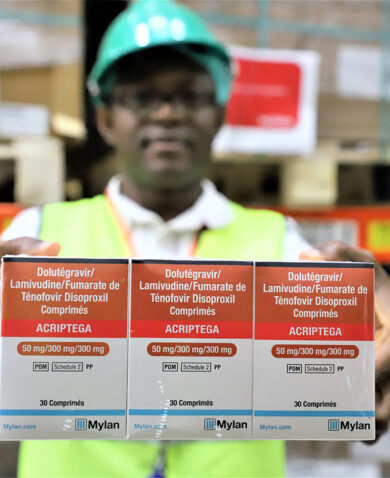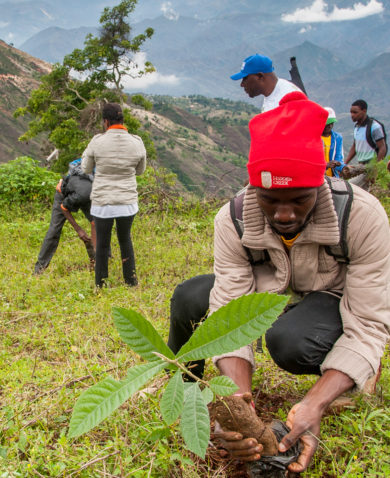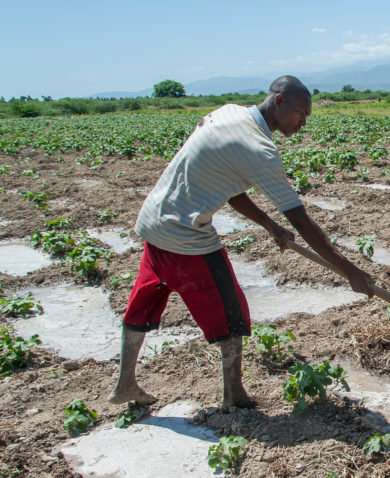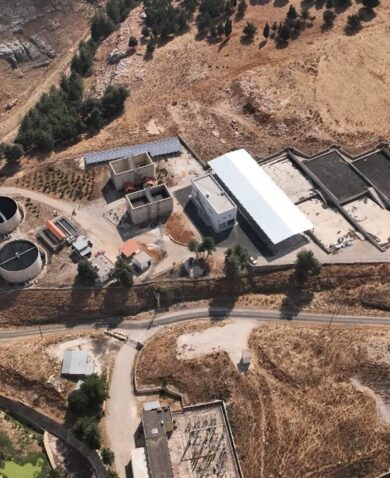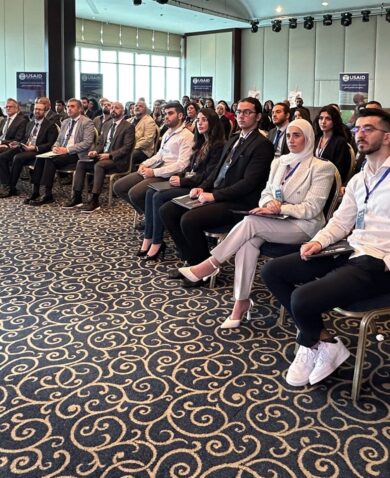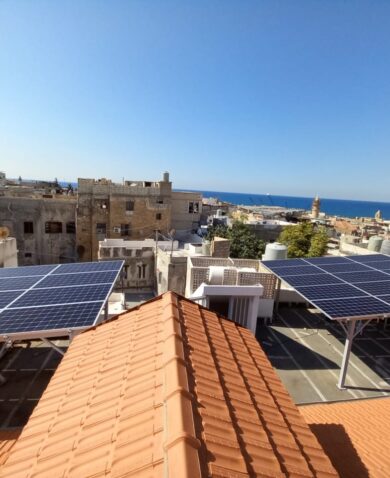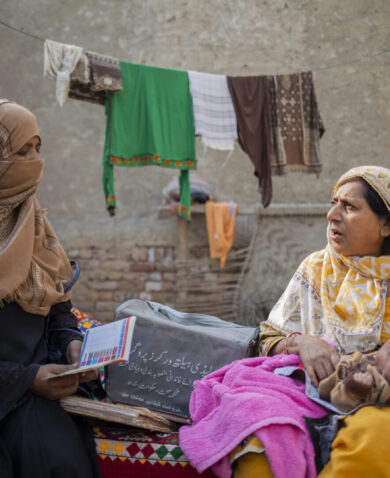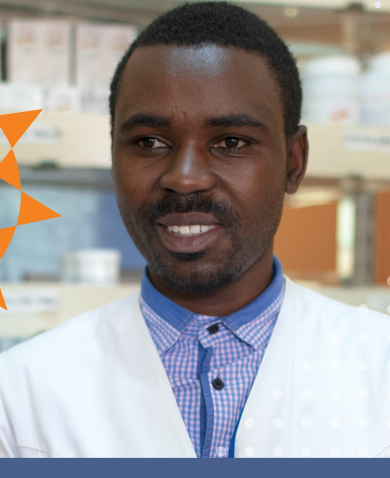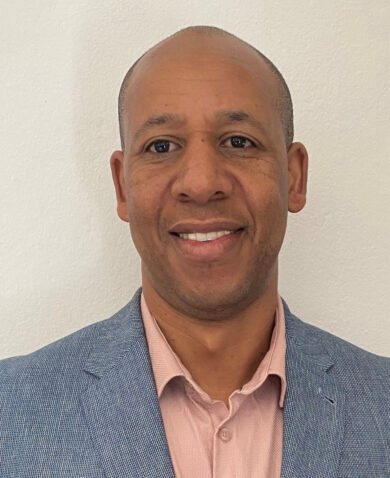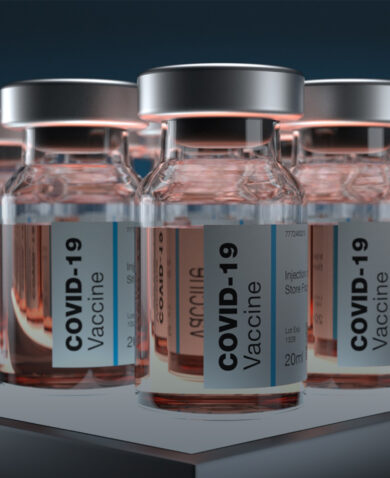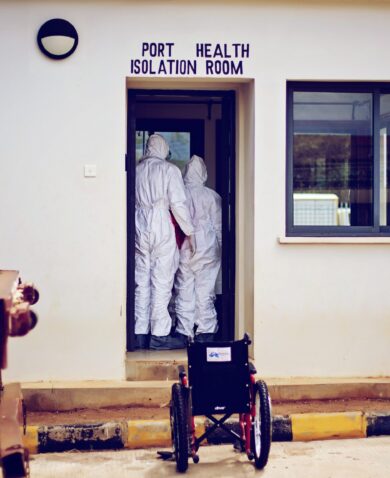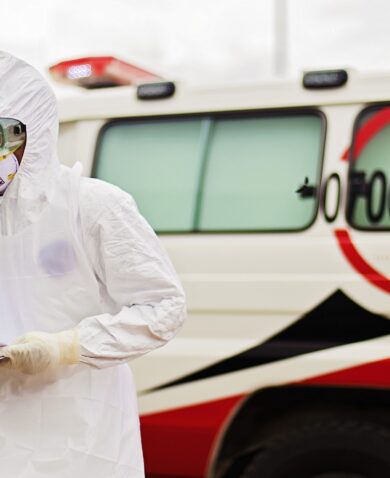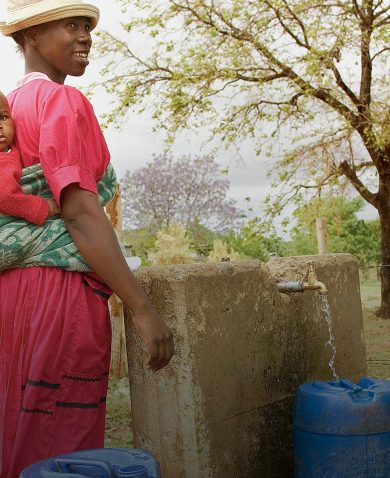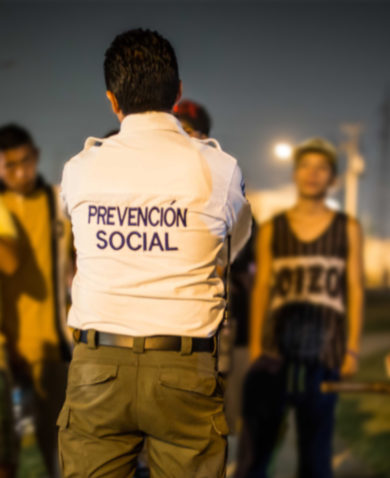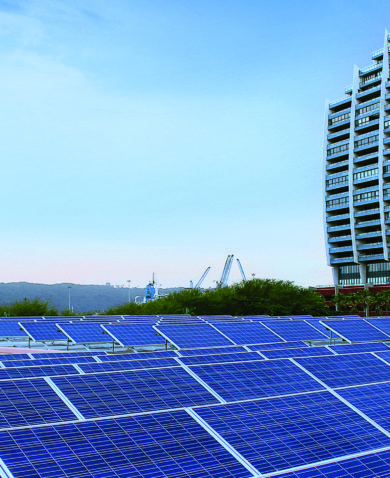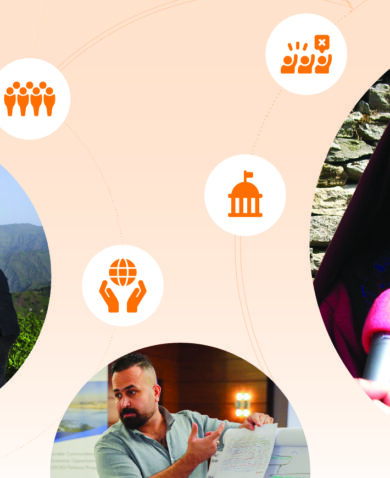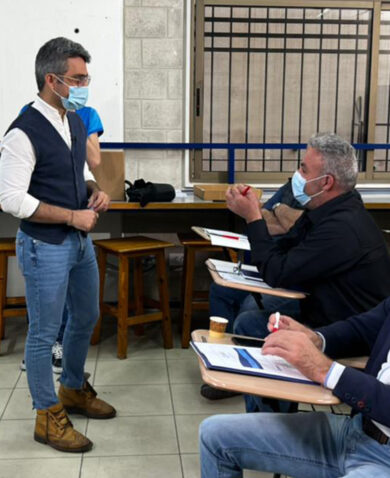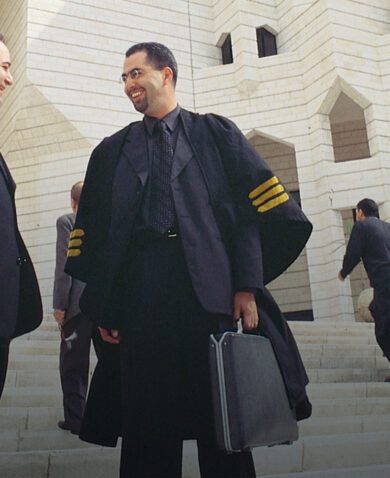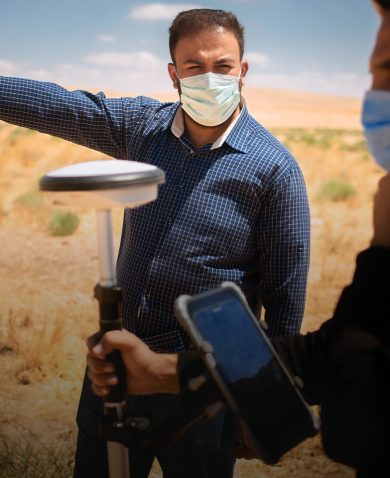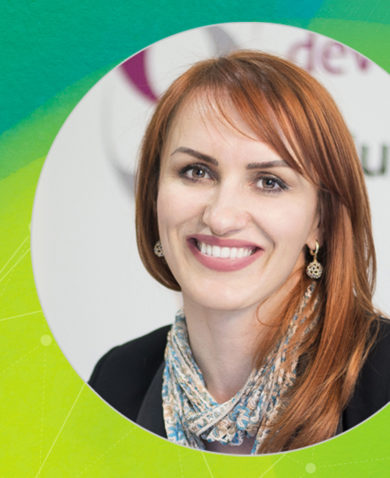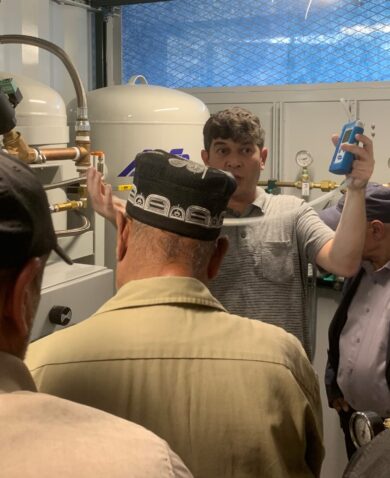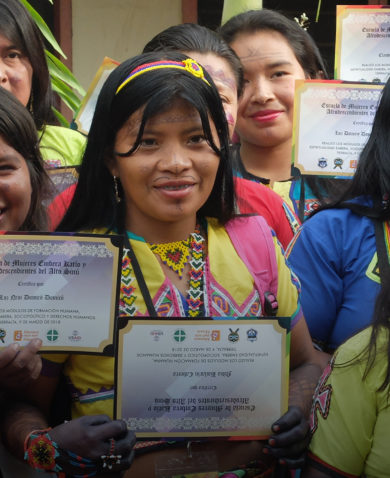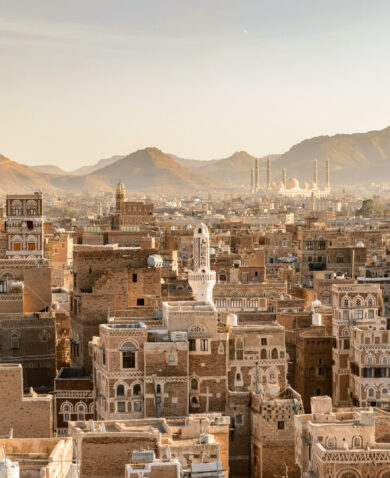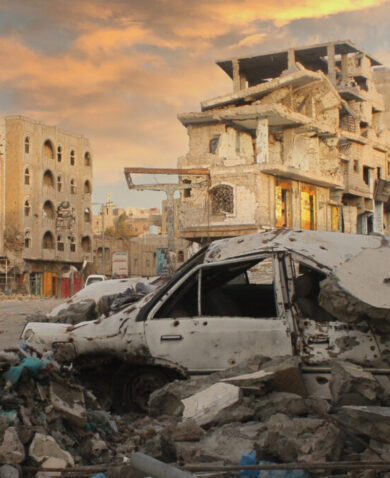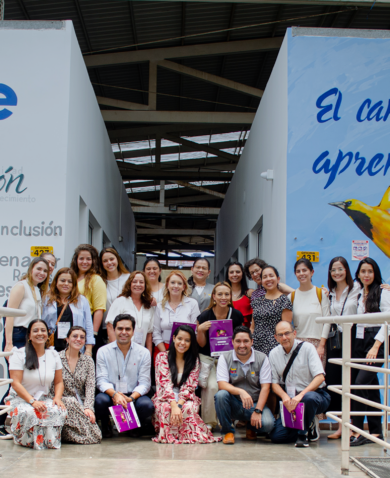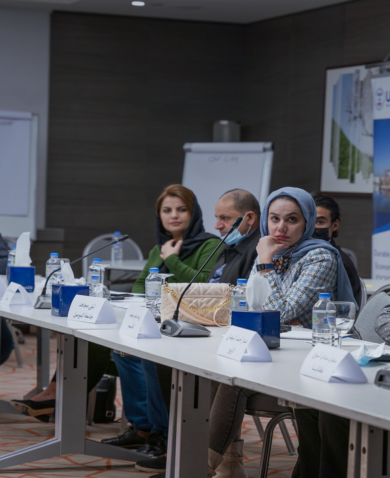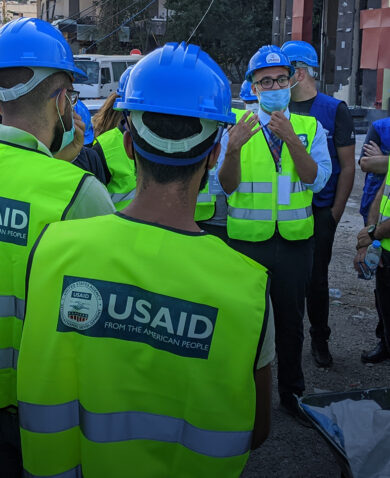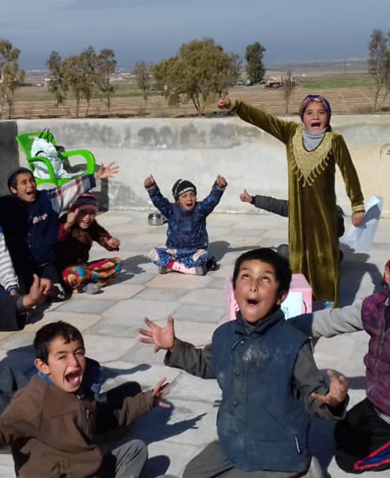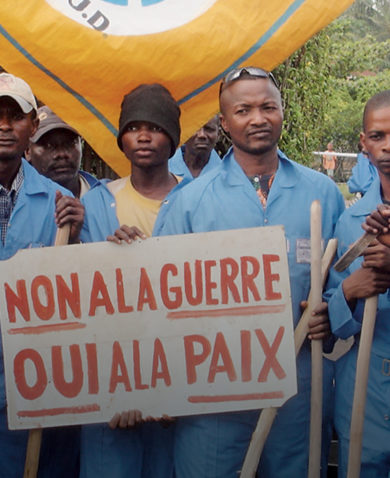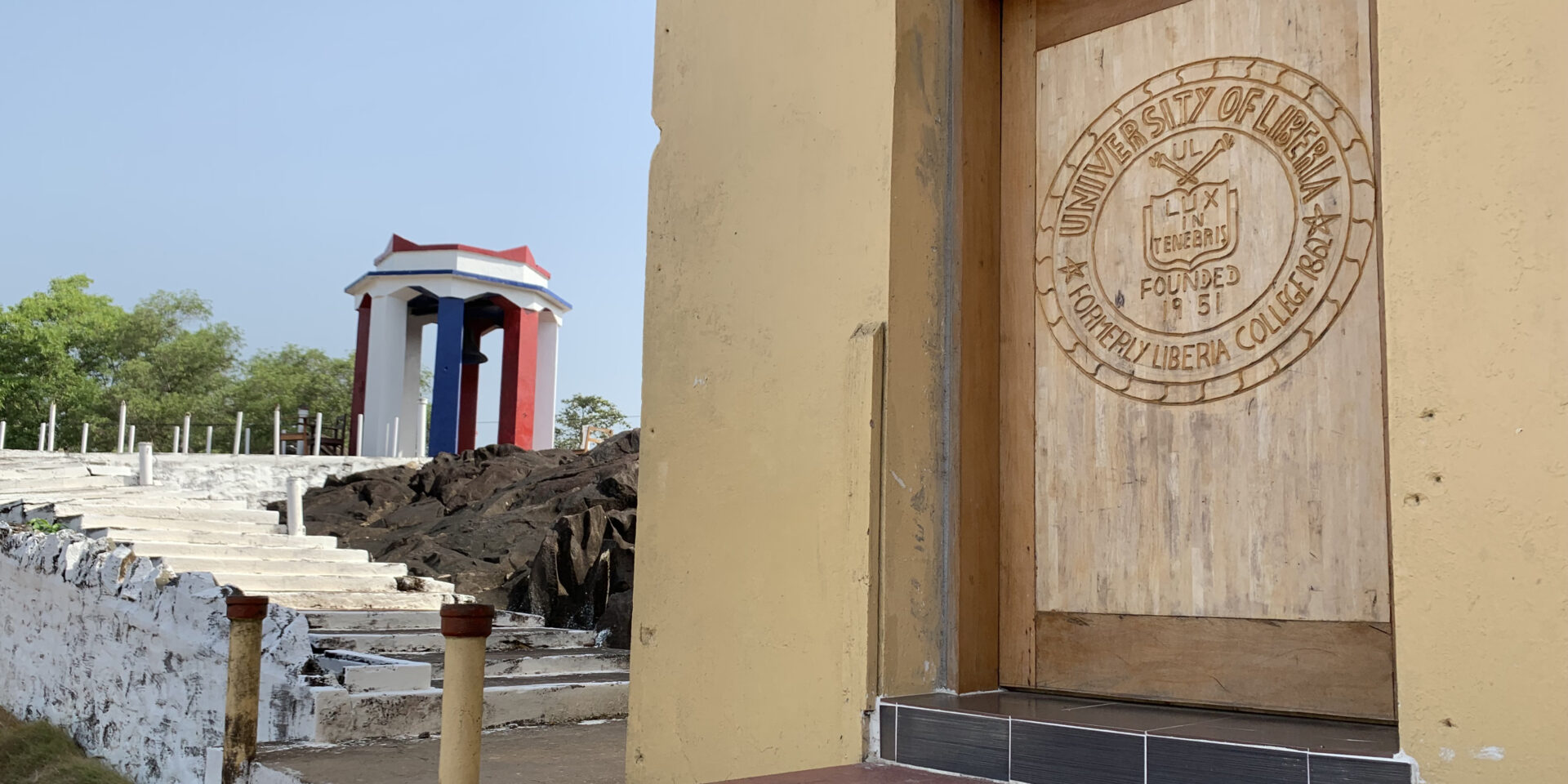
3 Questions with Victoria Cooper: Ebola, COVID-19, and Global Development
May 13, 2020 | 4 Minute ReadWhat can the global development community learn from ebola and apply to the COVID-19 pandemic?
As chief of party for the USAID Digital Liberia and e-Government project, Vicki Cooper led efforts to strengthen Liberia’s health, education, and economic growth sectors through enhanced information, communication, and technology capabilities in the aftermath of the Ebola epidemic.
1. How can the global development community use lessons learned from the Ebola crisis in Liberia to respond to the COVID-19 pandemic?
The fundamental lesson learned from Ebola was the need for permanent institutional frameworks and coordinating mechanisms within the country, region, and continent for prevention, detection, and response to health crises. It took several months for the government and the development community to understand what was required, organize themselves, and begin to respond. It took even longer to coordinate that response within the development community and various government actors, resulting in many deaths. The Africa Center for Disease Control was established in response to this lesson. National institutions to coordinate emergency response mechanisms remain nascent, and it is vital for the development community to support and advocate for their ongoing relevance as decision-makers are challenged to resource them in the absence of a crisis.
In addition to containing the pandemic through widespread testing and treatment, telecommunications and connectivity are essential for contact tracing. Building this infrastructure and establishing this capability was one of the mandates of the USAID Digital Liberia and eGovernment project. We learned that the telecommunications equipment required for contract tracing was not a spending priority for regulatory authorities, and its use required public confidence in those agencies. The development community needed to support governments with these purchases and develop guidance on the ethical use of this equipment or the challenge would remain.
Additionally, regular communications — from trusted voices — on the facts and required actions minimizes misinformation, improves confidence, and accelerates behavior change. When people lack trust in government, trusted authorities, CSOs, NGOs, faith-based institutions, and other organizations at national and sub-national levels must deliver culturally relevant messages and create awareness. These trusted voices are particularly important when there are many unknowns and as requirements evolve as the disease is understood.
2. What immediate and long-term steps were necessary to help Liberia start to rebuild after the worst of the crisis was over and how can this be scaled to other contexts?
Immediate steps responded to people, and long-term steps responded to structures, both institutional and physical. The first priorities were people, including understanding the after-effects of Ebola on survivors and identifying partners to help with research, their ongoing physical and mental health needs, as well as the stigma for them and their families. There were many orphans, and the social welfare system needed support to provide long-term assistance for this vulnerable group. Those who lost loved ones required trauma support. The limited resources of the government and priorities of the development community left psychosocial needs unmet. The epidemic exacerbated the deficit of health workers that already existed in Liberia. Replenishing the almost 200 health workers who lost their lives became critical, along with disinfecting hospitals and replacing medical furniture, equipment, and supplies. Liberia also required economic stabilization support from the World Bank and IMF to get the economy moving, as it experienced a negative growth rate.
Recognizing key areas to rebuild after the crisis enables the development community to build immediate and long-term support into their humanitarian response. The Ebola crisis highlighted the tension between humanitarian and development support. Whereas development aid tends to focus on long-term sustainability, humanitarian support provides immediate temporary assistance to preserve and protect life and safety. It is usually restricted from considering the sustainability of many of its solutions, even though minimal additional support could offer that sustainability.
The Ebola crisis also magnified the medical equipment gap in the public health system. We know from experience that at the end of epidemics and pandemics, the development community needs to help people and communities recover. Knowing their needs at the end of the pandemic enables the development community to prepare for the recovery period. If we developed something like a recovery toolkit outlining the exact support needed, such as social services and care for orphans, economic support, and equipment for hospitals, we would be better prepared. The preparation can begin while implementing humanitarian support to ensure a seamless transition to the development phase. It will also allow those providing humanitarian support to consider the components of their support that could be readily transitioned with minimal waste. This toolkit would also enable the development community to have an indication of the “aftermath” areas to consider before the crisis, reducing the time required to develop and implement recovery efforts.
3. What role does the global development community play in pandemic response overall?
The global development community has access to resources and collaborating partners. They also have convening power. Governments are challenged with resourcing and implementing economic development programs while providing public services to its citizenry in the absence of a health crisis. When crises arise, the development community is best placed to provide guidance on structuring the response, the sectors to consider, local institutions best suited to respond, areas of weakness that may require external support, and advice to the government on sound science and public policy requirements. The development community can often pivot in-country projects or quickly mobilize technical assistance to help as the situation evolves. The most critical support is often getting initial response efforts moving and helping the government to organize itself.
The response is different during the crisis, as humanitarian assistance often has the development community leading the efforts more directly. Once the dust settles, the leadership of ongoing development activities is more collaborative, with government more engaged with the approach, solution formulation, implementation, and sustainability. In Liberia, the fragility of all government systems and the economy were revealed during the Ebola crisis. Most development partners continued their traditional assistance, with some shifts in programming to respond to many of the underlying systemic and structural weaknesses identified. The international NGO community deepened its support for those needed social services following the crisis.
As COVID-19 has affected the globe and traditional external resources have become limited, governments must look internally for solutions to the health crisis and the normal needs of the citizenry. These individuals, businesses, CSOs, NGOs, and groups may become new local partners for the future, enabling the development community to support their growth and accelerate the journey to self-reliance, particularly as there will likely be reductions in development assistance bilaterally and multi-laterally as global economies are stressed and funding is needed for local recoveries.










